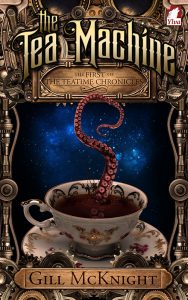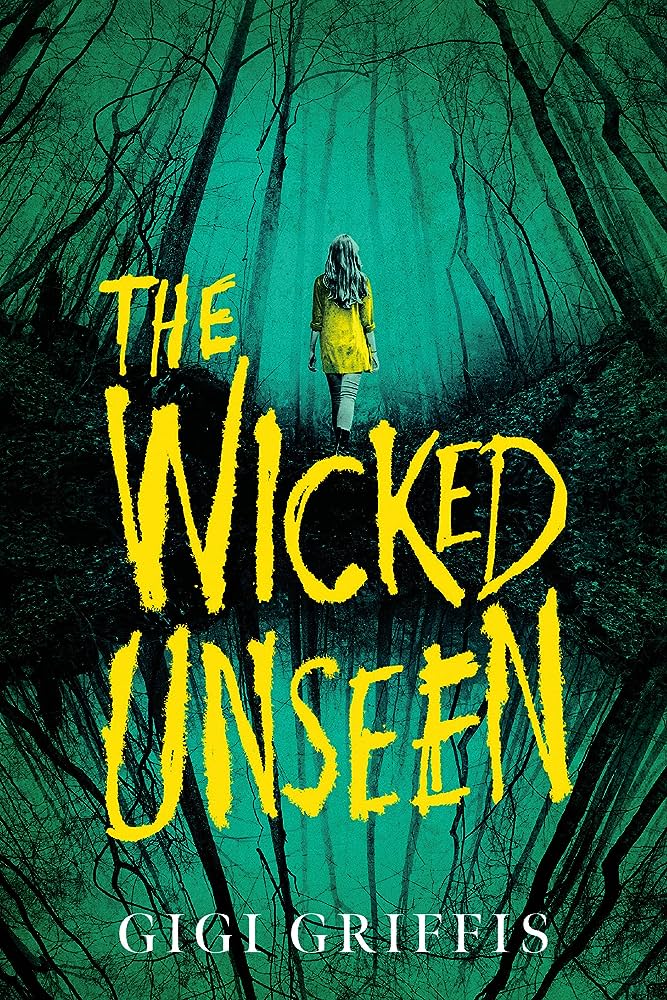
I think I would have liked The Tea Machine a lot more if I had read it back in 2015, when it came out. That was the height of the Doctor Who craze (and the height of my love for the show), which clearly influenced the story of this book. However, where Doctor Who keeps its stories somewhat episodic and grounded in the real world, The Tea Machine goes off the rails and takes big swings at establishing alternate timelines.
Here’s the story: a steampunk lady in Victorian London named Millicent messes around with her inventor brother’s time machine. She ends up in an alternate timeline where the Roman Empire never fell and is instead a futuristic society. There, she meets RJ Sangfroid, a female centurion who Millicent falls for quickly. Unfortunately, RJ sacrifices her life for Millicent’s. The rest of the book is Millicent messing around with the timeline in order to get her lover back.
Overall, it’s a pretty fun story and doesn’t take itself seriously at all. Like Doctor Who, it takes a very lighthearted and often absurdist tone. For the most part, that worked well for me. It would have taken me out of the story if the characters were taking the tentacle monster fighting completely seriously. Unfortunately, most of the jokes didn’t really work for me. There was an ongoing bit where Millicent’s sister-in-law Sophia continually misgenders RJ and that went on way too long, in my opinion. And in general, the jokes were just kind of based on the characters being stereotypes: Sophia and Millicent as the prim and proper Victorian ladies thrust into brutal Roman society, and RJ as the masculine, aggressive centurion. More importantly, though, the lack of depth made the love story fall flat for me. I just didn’t really connect with either Millicent or RJ. I wish that the connection between the two women had been taken more seriously and developed more. That being said, though, I really did like how the two of them ended the novel.
One thing I loved about The Tea Machine was alternate Rome. What a cool idea! It was very interesting to see how the author blended aspects of Roman culture and mythology with future technology. This would be a cool world to read more stories in, and it got me thinking of other sorts of fun alternate histories. It also didn’t shy away from highlighting the negative aspects of Roman culture, especially for the women. This kept me reading even when the structure was confusing and I lost interest in the characters.
If you’re looking for a fun, quick, romp through alternate history, The Tea Machine might be for you. It lacks depth and the characters aren’t the most developed, but it does have an interesting world. This book was honestly not my cup of tea (pun intended), I thought it was a little too superficial for my tastes. I read for character, so I found myself losing interest a lot. However, this book did feel like a fun read.
Kayla Bell is the pen name of an author, reviewer, and lover of science fiction, fantasy, and horror. You can catch up with her on Instagram @Kreadseverything for more book reviews and on Twitter @Kreadsitall for more about her writing.


